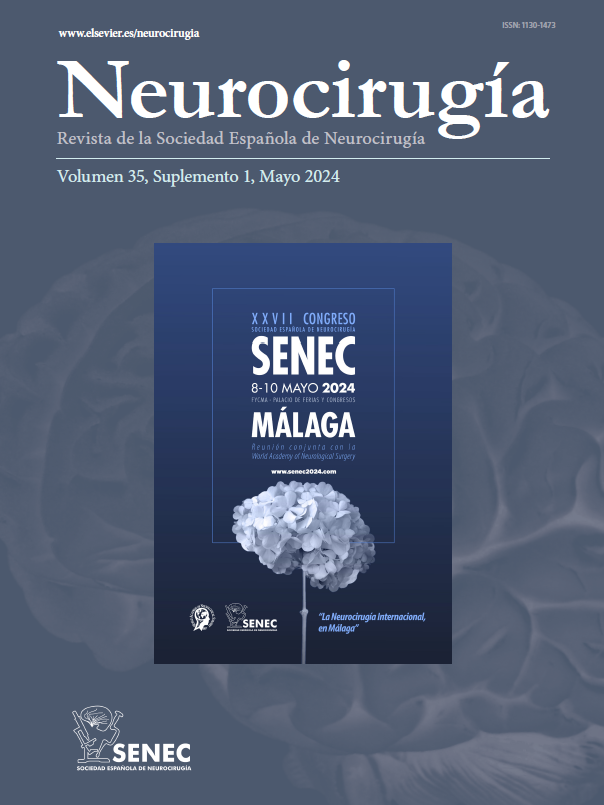La información de diagnósticos, conductas terapéuticas e incapacidades es una tarea difícil para los neurocirujanos y muy importante para los familiares, si existen riesgos de muerte o invalidez. La entrevista es el mejor instrumento que tiene el neurocirujano para informar integralmente; pero muchos neurocirujanos jóvenes no están bien preparados para ofrecer información médica y la labor educativa para capacitarlos todavía es insuficiente.
ObjetivoProporcionar algunas experiencias generales, organizadas y prácticas sobre cómo desarrollar la entrevista con los familiares del paciente neuroquirurgico.
DesarrolloLa importancia de la entrevista demanda de: a) conocimiento de todos los datos del paciente, b) disponer de una conclusión diagnostica-terapéutica, c) selección adecuada de los participantes en la entrevista y d) precisar el momento y lugar adecuado donde se va a realizar. Los familiares prefieren un especialista que mantenga una actitud de confianza y sinceridad, que exprese sus ideas con claridad y lentamente. Las explicaciones deben ser simples y directas. Pueden concertarse entrevistas repetidas y este método se puede aplicar también en los casos emergentes.
ConclusiónLa entrevista debe realizarse lo antes posible y en cuanto estén disponible los resultados de las investigaciones médicas. Debe evitarse el pesimismo y se dará apoyo, sin perder el contacto con la realidad. El sacrificio de la información detallada, por dar más importancia a la ciencia, origina muchas críticas a los centros neuroquirurgicos y a los neurocirujanos en las dos o tres últimas décadas. No debemos conformarnos con la firma de un elemental e insuficiente consentimiento informado.
Information of diagnoses, therapeutic managements and inabilities are a very difficult task for neurosurgeons and very important for relatives. The interview is the best instrument that the neurosurgeon has to inform integrally; but many young physicians are not well prepared to deal with medical information and the educational work to achieve it still is insufficient.
ObjectiveTo provide some general, organized and practical experiences on how to develop the interview with the relatives of the neurosurgical patient.
DevelopmentThe importance of the interview demands of: a) knowledge of the patient's data, b) reaching a specific diagnosis and appropriate therapy, c) accurate selection of the participants in the interview and d) specify when and where we will met the relatives. Most families prefer a physician that maintains an attitude of trust and sincerity and expressesclearly and slowly his thought. The explanations should be direct and simple. Repeated interviews can be concerted and we will perform a similar interview in emergent cases.
ConclusionsThe interview should be carried out as soon as possible and as soon as results of the medical investigations were available. The pessimism should be avoided and support will be given, without losing the contact with the reality. Information, which is sacrifi-ced frequently in the art of the Medicine to give more importance to the science, indeed germinates much of the criticism to neurosurgeons and neurosurgical centers in the last two or three decades. We should not conform with the signature of an elementary and insufficient informed consent.
Article

If it is the first time you have accessed you can obtain your credentials by contacting Elsevier Spain in suscripciones@elsevier.com or by calling our Customer Service at902 88 87 40 if you are calling from Spain or at +34 932 418 800 (from 9 to 18h., GMT + 1) if you are calling outside of Spain.
If you already have your login data, please click here .
If you have forgotten your password you can you can recover it by clicking here and selecting the option ¿I have forgotten my password¿.






